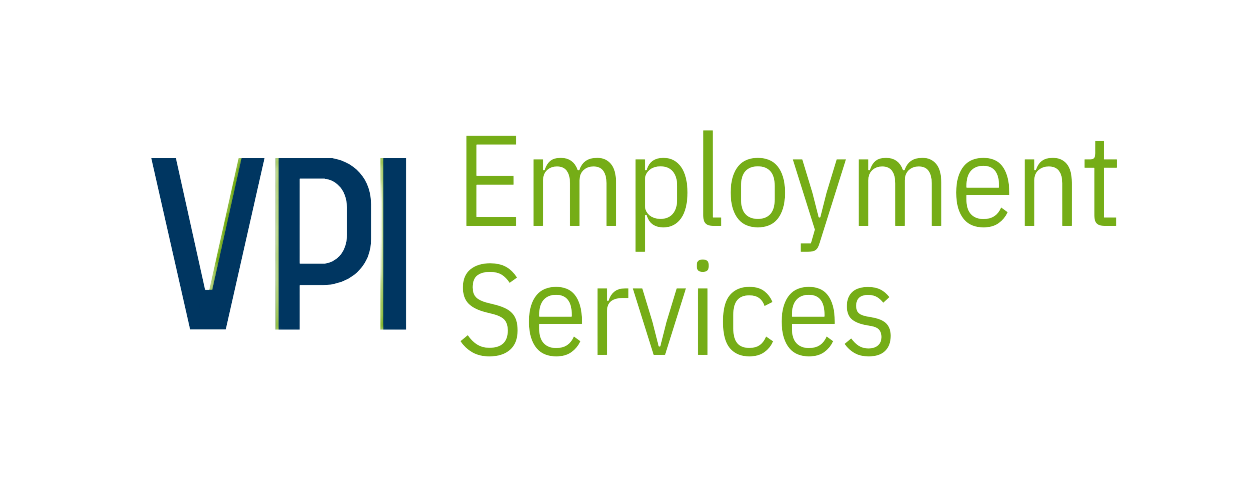Everyone is different. We each have different experiences and learn different skills. The skills we develop end up shaping our future career paths. So, how can you use your skills to help you find your next job?
Do you know the difference between hard skills and soft skills?
Hard Skills
You’re probably more familiar with hard skills. Hard skills, or technical skills, are skills you learn from courses, school or from actual hands-on experience. You often need training or certifications from university, college, or trades school to show others that you possess actual hard skills.
Hard skills often involve the use of tools, machines, or other technology. So having some type of certificate shows hiring managers that you are qualified to use said tools and machines.
Examples of Hard Skills
- Carpentry
- Graphic Design
- Accounting and Finance
- Welding
- Copywriting
- Coding
Hard skills can be improved through practice and continual learning. If you want to excel in your craft, whether it’s accounting, coding, or carpentry, you can take more courses or find more experiences so that you can further develop these skills.
Soft Skills
Soft skills can be more difficult to measure than hard skills. You don’t necessarily need certifications from university to show others that you have them. Yet, everyone possesses some form of soft skills and everyone can improve on them.
In simple terms, soft skills are skills you use every day, your personality, your work ethic and your emotional intelligence. These skills help you excel at your work and help you work well with others.
Examples of Soft Skills
- Communication: Effective Listening, Presentation Skills, Negotiation Skills, Teamwork, Empathy.
- Problem-solving: Collaboration, Team Building, Leadership, Planning, Creativity
- Organizational: Time-management, Creativity, Attention-to-detail, Decision Making.
For example, if you possess leadership skills, which is a soft skill, you can apply your leadership abilities to any job and industry. All workplaces can benefit from an employee who has the ability to lead a team.
Hard skills, while undeniably useful, have limited versatility. For example, the technical skills required to be a good welder may be specific to the task of welding and may not serve someone working in an industry like healthcare or computer programming.
Why Hard and Soft Skills Are Important to Your Job Search
When it comes to your job search, your skills are everything. Hiring managers are on the lookout for candidates who meet the skill requirements and who fit the company well.
Effectively highlighting your soft and hard skills on your resume increases the chances of you getting contacted for your next interview.
Understand your skill sets and use your strengths to your advantage so that you can find your next job.

